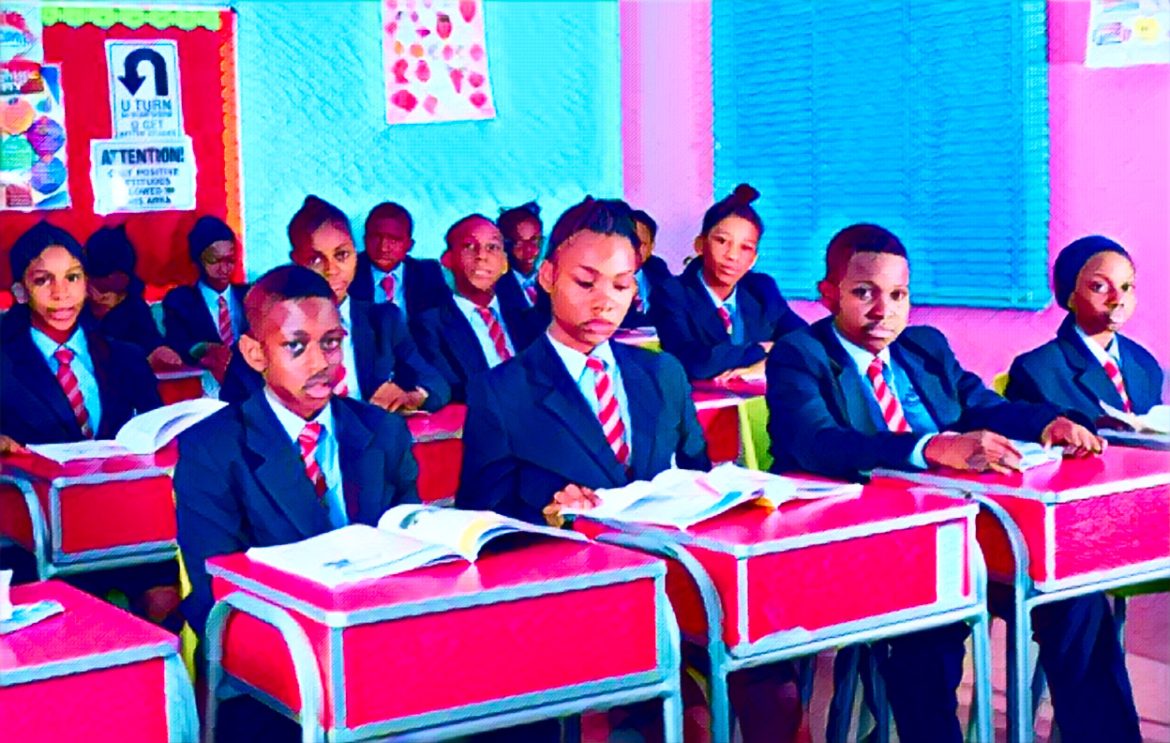Key Points
-
Schools now use flexible tuition payments to retain patronage.
-
Parents prioritize affordability over prestige in education choices.
-
Retaining patronage is critical for schools’ long-term survival.
Nigeria’s economy is getting worse, which is changing how schools work. To keep parents loyal, many schools are having to come up with new ways to do things. Schools are under a lot of pressure to keep students whose parents can no longer afford the rising fees because inflation is over 30% and household incomes are very low.
Administrators say that in this harsh economy, it’s less about providing high-quality services and more about keeping customers. If schools don’t come up with new ideas, they could lose whole groups of students to cheaper options, which could hurt their long-term viability.
Schools keep their customers by offering flexible payment plans
One of the most common ways to do this is to offer tuition in installments. Schools are letting parents pay for things over the course of the term instead of making them pay in full up front. In some cases, schools are lowering the amount of money that parents have to pay up front to keep their kids in school. Administrators say that this flexibility is very important for keeping customers when most households are seeing their disposable income drop.
Some schools are also using referral bonuses to get parents to bring in new families by giving them discounts. The incentive-driven model not only keeps customers coming back, but it also helps fill classrooms that would otherwise be half-empty.
Parents think about the cost and the quality of the education
According to a report by Vanguard news, Parents, on the other hand, are weighing price against quality. Many people are choosing schools that can give them a good education at a lower cost, even if it means giving up some extras like international curricula or better facilities. As families put economic survival ahead of prestige, the focus keyphrase—retaining patronage—has become a common theme.
Experts in the field say that schools in the middle tier are the most at risk. Rich families can still send their kids to the best private schools, and community schools with low tuition are good for a lot of students. The middle segment, which is often stuck between rising costs and fewer customers, is having the hardest time staying alive.
Keeping customers is important for long-term survival
Some schools are even completely changing how they do things, not just how they charge for tuition. Sharing resources, cutting back on extracurricular activities, and working with digital learning platforms are all ways to save money. Some have even started using hybrid learning models, which let them cut costs on facilities while still keeping tech-savvy parents as customers.
The federal government hasn’t given private schools much direct help, so schools have had to deal with the storm on their own. Analysts say that the sector’s ability to bounce back may depend on how creatively schools can deal with tough economic times.
A school owner in Lagos said, “Education is a top priority for parents, but cost is the most important factor.” “The only way to move forward is to find a balance that keeps families involved.”
For schools all over Nigeria, the message is clear: change quickly, keep students, or risk closing.


